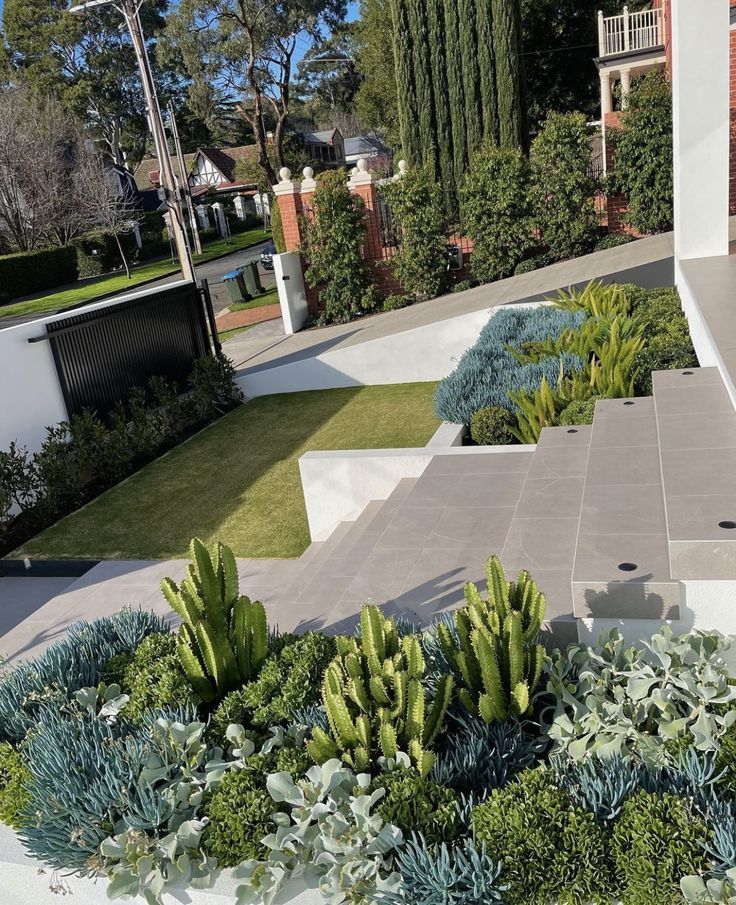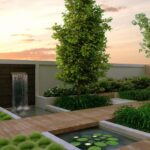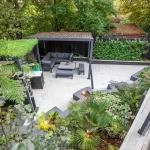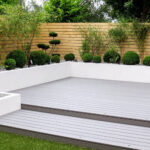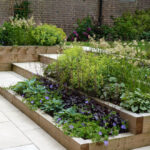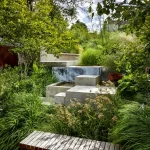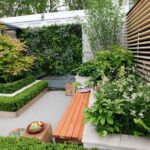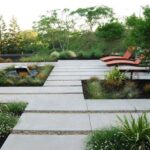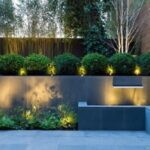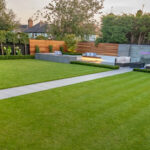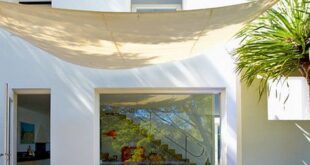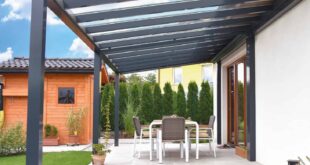Garden design has come a long way from the traditional, manicured lawns and formal flower beds of the past. In the modern era, garden design has evolved to reflect a more relaxed and natural aesthetic, incorporating elements of sustainability, functionality, and beauty.
One key element of modern garden design is the use of native plants and local materials. By using plants that are well-adapted to the climate and soil conditions of the area, gardeners can create low-maintenance and water-efficient landscapes that thrive without the need for excessive watering or chemical inputs. In addition, using locally-sourced materials such as stone, wood, and gravel can help to minimize the environmental impact of a garden design project.
Another important aspect of modern garden design is the incorporation of sustainable practices such as composting, rainwater harvesting, and integrated pest management. By composting kitchen scraps and garden waste, gardeners can create nutrient-rich soil amendments that help to improve the health and fertility of the garden. Rainwater harvesting systems can help to reduce water consumption and runoff, while integrated pest management techniques can help to minimize the need for chemical pesticides.
In terms of aesthetics, modern garden design often emphasizes a more natural and organic look, with an emphasis on creating habitats for wildlife and promoting biodiversity. Features such as meadows, wildflower gardens, and wildlife ponds can help to attract beneficial insects, birds, and other creatures that can contribute to the health and vitality of the garden ecosystem. In addition, using a mix of plants with different textures, colors, and heights can help to create visual interest and dimension in the garden.
Modern garden design also encourages the use of outdoor living spaces that are both functional and beautiful. Features such as patios, decks, pergolas, and outdoor kitchens can help to extend the living space of the home into the garden, creating opportunities for relaxation, entertainment, and socializing. By carefully planning the layout and design of these outdoor spaces, gardeners can create seamless transitions between indoors and outdoors, blurring the boundaries between the built environment and the natural world.
Overall, modern garden design is a reflection of our changing attitudes towards the environment, sustainability, and quality of life. By embracing native plants, sustainable practices, and beautiful, functional outdoor living spaces, gardeners can create landscapes that are not only visually stunning but also support the health and well-being of both people and the planet.
